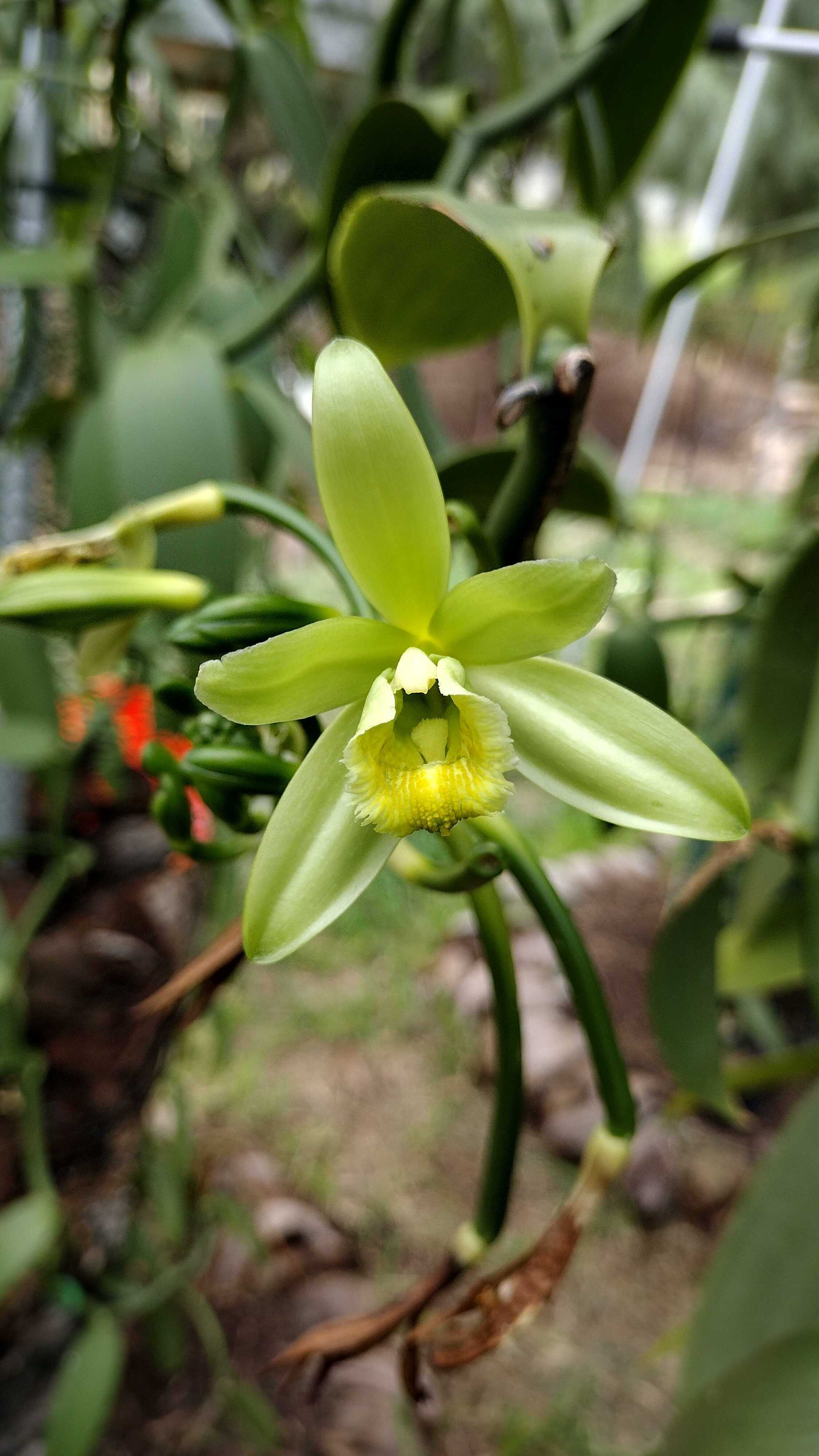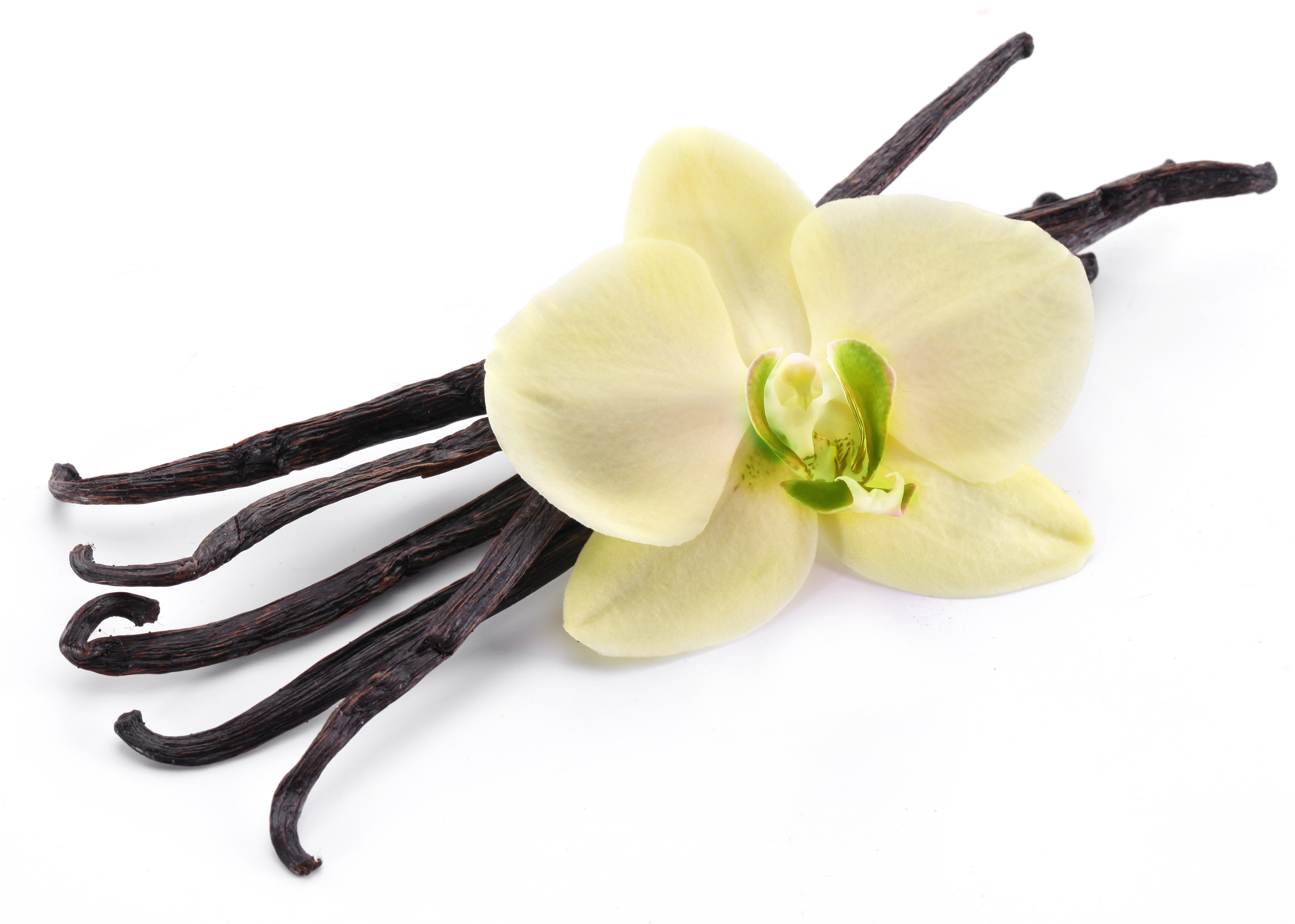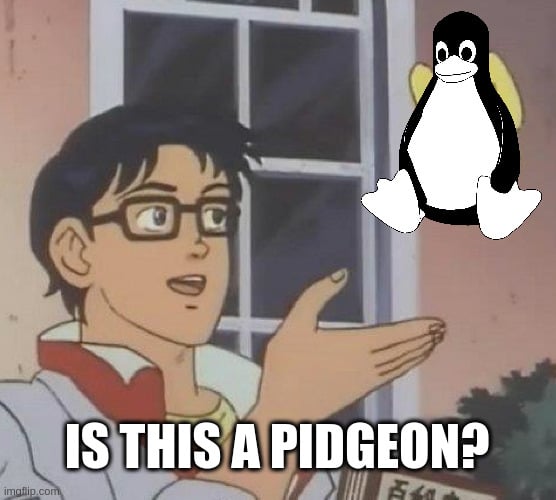Orchid is also a medical term for testicle
Vanilla Ball
Vanilla is a genus of orchids.
Yay!!! Vanilla is an awesome OS. I tried the first version and loved it. Unfortunately, I couldn’t use it because it was missing FDE, but this new version added that. :D
LFG!!!
Discord?
Eh! If this is the only community place, then thanks no.
You could make discord <–> IRC bot. Problem solved :D
No, problem not solved, problem half-heartedly worked around. People dislike Discord for several reasons, bridging it to whatever different platform will at best be a bandaid.
Do they even allow that kind of interoperability? I thought Discord was 100% our terrible browser application way or the highway?
They don’t, officially, as far as I know it’s always been an “at your own risk, might get your account banned” endeavor.
Antitrust crackdown when
Ideally matrix to discord bridge and matrix to irc bridge.
Irc servers don’t have the feature set that inknow of for good community management and centeringbaround discord is a terrible plan. Matrix being the hub means you can have encrypted channels for that it matters for.
How are they handling things that need low level access and don’t work well in distrobox like pen tablet drivers, CoreCtrl/undervolting software, printer drivers, etc…?
on Discord

Ok. So why are we having what looks like a plumaria flower to represent a vanilla OS?
Do you need a picture of a vanilla flower?

Vanilla flowers can look similar to their logo.

No they dont.
Not even close.
The flower in the logo is a radially symmetrical five petaled flower, with overlapping petals in a whorl. A vanilla flower is a bilaterally symmetrical three petaled flower with a fused labellum/ and column. They look nothing alike.
The Vanilla flower picture I posted is from April and is literally growing on a Plumaria (which the logo obviously is). I’m going to walk outside and edit this response and add a picture from that Plumaria.

I agree that it’s not the same flower, but it’s not always as radically different as the one you showed. The color and size of the petals can be similar. But yes, the structure of the flower is different.
The orchid you showed is not a vanilla. That is a staged shot with some other random orchid. The one I showed is from one of the many many Vanilla vines that I grow. They are not remotely the same.
The flower in the logo is very clearly a Plumaria.
Look if you dont know fuck about shit when it comes to flowers and plants, thats fine. But maybe don’t have an opinion then. However if you name your OS after a plant, and then proceed to butcher its presentation, you should be prepared for push back.
They named their OS after a genus of plants, not a single species. And there are some species that have wide, colored petals like that.
https://commons.wikimedia.org/wiki/File:Vanilla_aphylla_from_Southern_Thailand.jpg
But yeah, the logo is not a vanilla flower, but it’s not so drastically different I’d fault them for it.

Edit 1: One thing to note is that they named their OS “Vanilla” because of the common description of a software product, meaning unaltered from its original release. They named it this because they don’t change any settings or add any extensions to the Gnome desktop. They provide a “vanilla” installation. I don’t actually know if they were trying to do a vanilla flower as their logo, or just a flower.
Edit 2: They definitely were.
The name “Vanilla OS” evokes the purity and simplicity we aim to offer our users, while the vanilla flower, featured in our logo, represents the sweetness and elegance of our operating system.
(From their FAQ page.)
Who shat in your garden? Geez man, it’s just a logo.

Representation matters. Being correct matters.
Damn bro, why does the firefox logo look like a Finnish spitz
This looks interesting but so different from what I’m used to that I’ll stick to my BTRFS snapshot-based system until I understand it better. Perhaps I’ll try it in a VM.
Your couldn’t throw us a bone by including a link? 😉
That’s okay, I got you covered.
So… immutable fork of Ubuntu 21?
A fork of Debian, but yes.
Vanilla OS is the Ubuntu derivative, Vanilla OS 2 Orchid will be the Debian derivative
TY, when scrolling through the site, I didn’t find a single time mentioning it Ubuntu, but Debian compatibility. However the beta release notification is enlightening:
The system consists of a hybrid base of Debian packages and Vib modules. The major change in Orchid is the switch from Ubuntu to Debian, providing more flexibility and control over the system and update distribution.
what’s the immutability / atomic mechanism for this? not ostree or btrfs like fedora and opensuse’s offerings? All I see is A/B partitioning listed? something more akin to android?
Read this for the most complete and comprehensive answer on the matter.
TL;DR: Like Fedora Atomic, it utilizes OCI images for its immutability. However, while Fedora Atomic combines this with libostree/OSTree for git-like management of your system, Vanilla OS (instead) keeps it relatively simple with just A/B partioning; which indeed is somewhat reminiscent to what’s found on Android.
As always, if you upload an image as post content, then at least link to the project in the post body: https://vanillaos.org Not because its hard to type, its just good practice in my opinion. Gets more true the more complicated the links get, BTW. /rant over- Here is the blog post about the beta: https://vanillaos.org/blog/article/2024-01-30/vanilla-os-2-orchid-beta-is-here
- A video about this distribution (1 year ago before VanillaOS 2) by Brodie: YouTube or through Invidious He also has an interview, but I’m too lazy to search for right now. If you are interested, search for his other channel called “Tech Over Tea” and then look for the vanilla os interview.
In short, this distribution is based on Distrobox, which is a manager to install applications from various other distributions. So it comes with a package manager, that is actually managing Distrobox. The cool thing about Distrobox is, that you can install packages from Arch or Ubuntu and they are all sandboxed in their environment. But you can “export” those apps, so that it integrates into your actual host system. BTW its not emulation, its sandboxed like Flatpak is in example.
I’m curious about this OS for a very long time. But to me it complicates stuff a bit over a regular OS. I’m not ready for Distrobox, but love the concept it has. If I was on Debian, then this would be a whole lot more interesting to me. But when I think about, its probably not bad for developers too. Maybe I’ll get into it someday.








